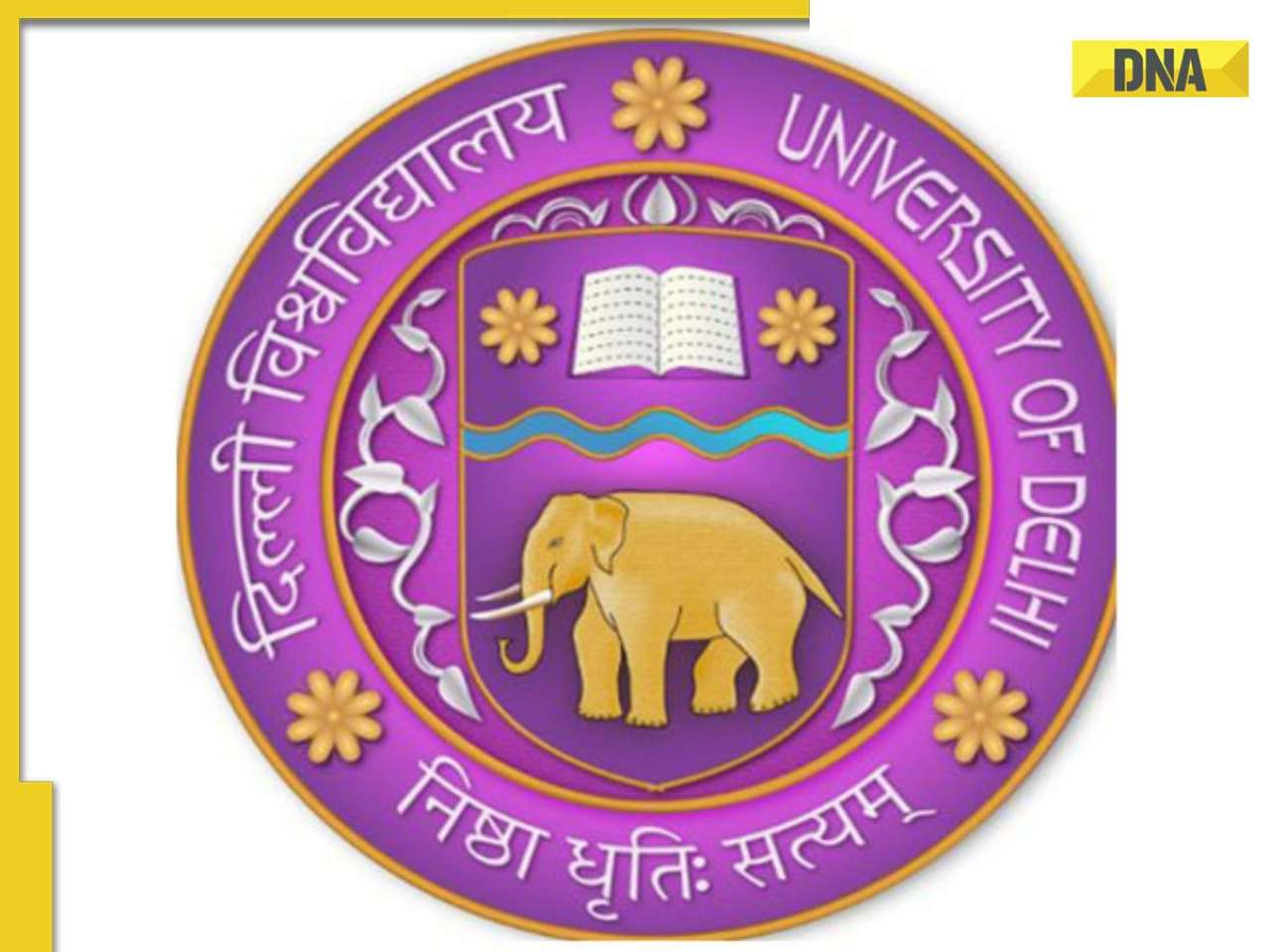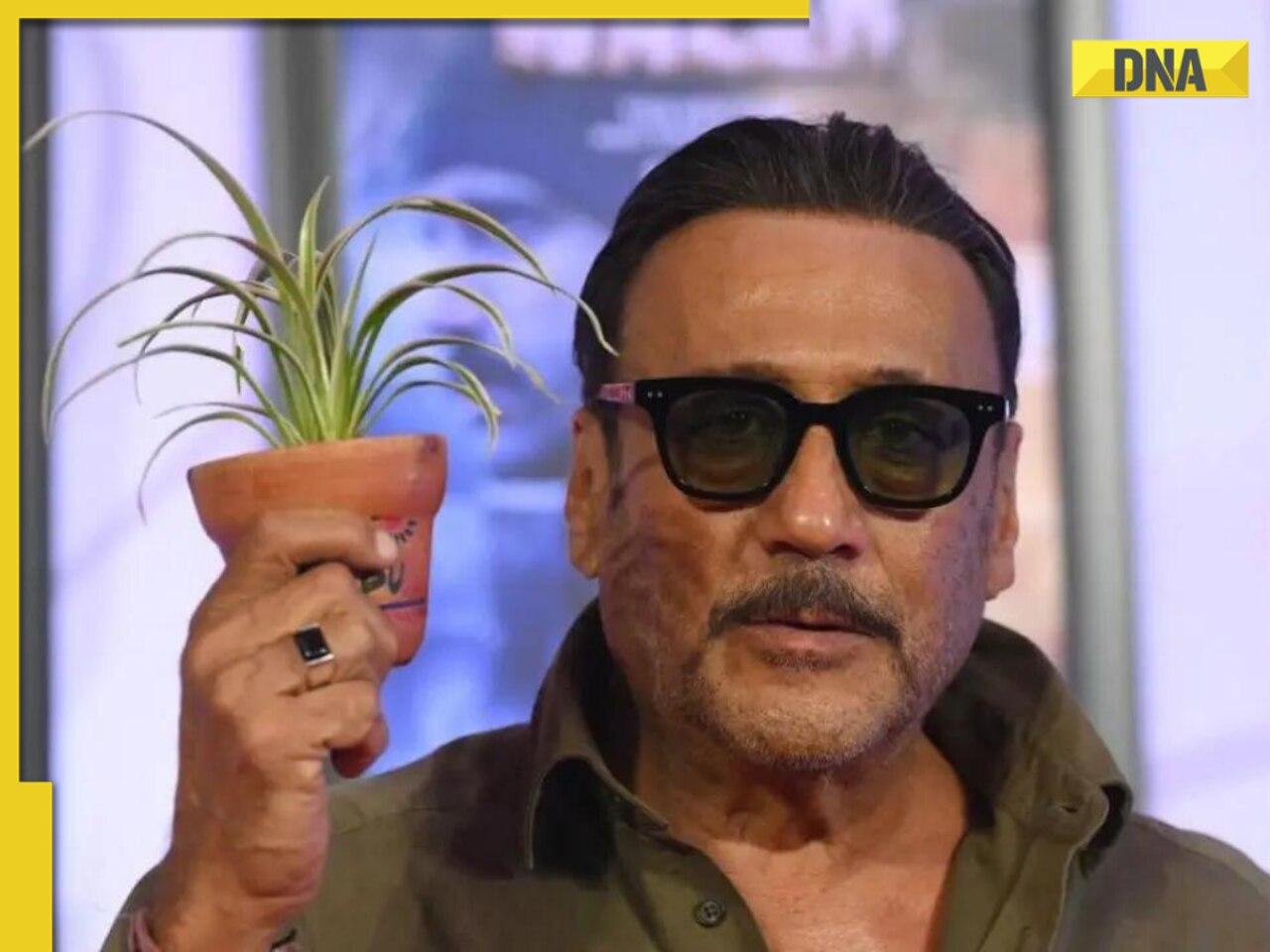Narendra Modi has asked the commerce ministry to cut down on the imports of inessential commodities, multiple media reports suggested on Tuesday. A commerce ministry told a daily that it had identified nine commodities which included edible oil, pulses, fresh fruits, cashew, sugar, alcoholic beverages, processed and packaged items, cocoa products and sesame seeds among the inessential commodities. Edible oil comprised of 60% of imports in this basket.
Media reports suggested that the Prime Minister's Office (PMO) had asked to evolve a system of “periodic import appraisal” by which imports of different goods can be evaluated on a periodic basis and steps can be taken to control the imports of such goods. The cut in imports is in line with Narendra Modi's "Make in India" programme that he had unveiled at his Independence Day speech.
The logic behind the curbing of the import duty is not difficult to see. The first reason is to further control the current account deficit (CAD) in India. CAD in India has come down to 1.7% of GDP in the first quarter of 2014-15 as opposed to 4.8% a year ago. But if you compare the number to the 0.2% of GDP in the fourth quarter of 2013-14, it is still quite high.
One of the major reasons for the drop in CAD that has been possible over the past one year is because of a whopping 57.2% drop in gold imports, but non- gold imports have gone up. The curbing of the gold imports has also been possible due to the rise in the gold import duty, and the government has made it clear that it will be in no hurry to reduce the gold import. It is clear that the government is now taking the non gold imports seriously as well.
Though economic theory does not directly and causally relate fiscal deficit and current account deficit, specific research papers have shown that in the long run, the two are correlated positively. So the effort to bring down CAD could have positive effects on the fiscal deficit numbers as well.
Among the nine products, in several cases, the government has been working to bring down imports anyway. However, this must be easier said than done. Let us look at two products in the list: sugar and edible oil, both of which see high imports, but for different reasons.
Edible oil production in India has largely been stagnant for the past few years. As population, demography and lifestyle changes occur, the demand for edible oil has been rising steadily. Among this palm oil (used mainly to manufacture soap) and soyabean oil lead the pack. Now it is difficult to reduce the import of palm oil and all domestic soap manufacturers use it as a primary raw material. India meets half of its vegetable oil requirements through import. While the oil producers are asking for raising the import duty of edible oil for the protection of domestic producers.
The government has said that it is not looking at raising import duty in oil for the sake of protectionism. But the rising import has made brought the oil producers under pressure due to low pricing abilities. The government here is not required to raise duties to protect farmers. Rather they must invest heavily in agriculture to make the sector more price competitive and increase the production capacity of the country.
On the other hand, India is a surplus producer of sugar and ranks just second to Brazil when it comes to the production of sugar. Reuters had reported last week, India is likely to produce 25-25.5 million tonnes in 2014-15 year compared with local demand of about 23 million tonnes, according to a statement by the Indian Sugar Mills Association. The government in this sector clearly follows a protectionist policy as it raised the import duty to 40% in August. It is estimated that sugar mills owe almost Rs 5,000 crore to farmers, and with prices falling, they were not being able to pay the farmers. India cannot export sugar much due to low global prices, while without the duty in place, it is difficult to stop imports.
Curbing non-gold imports for all commodities is not an easy policy to adopt, and each commodity must be taken in a case-to-case basis. The policies for all imported goods cannot be similar, and in that aspect, the decision to frame policy papers to lay out specific roadmap is essential.
The policy of protectionism offered to farmers and the industrialists is not new to India, as it has been practised in varying degrees since independence. That Narendra Modi will not blatantly follow free trade policies was clear in a bold decision to not sign the WTO deal which could compromise with India's food procurement and distribution policy. It also falls in line with the RSS notion of "Swadeshi" which wants to enable domestic manufacturing to strengthen itself, something that has clearly not happened in it. However, this needs to be backed by adequate public investment in agriculture to reduce the dependence just on rainfall. The cost of production of goods where India is a major producer has also to be aligned with the global costs to avoid heavy and unnecessary imports.
Without the right investments, the protectionist policies will fall flat.
![submenu-img]() Watch viral video: 17 cars gutted as fire erupts at parking lot in Delhi
Watch viral video: 17 cars gutted as fire erupts at parking lot in Delhi![submenu-img]() Explained: Why MS Dhoni cannot apply for India head coach job
Explained: Why MS Dhoni cannot apply for India head coach job![submenu-img]() Nargis, Bina Rai, Suraiya rejected this role, chosen actress refused Filmfare Award, film became classic, is based on...
Nargis, Bina Rai, Suraiya rejected this role, chosen actress refused Filmfare Award, film became classic, is based on...![submenu-img]() Delhi hits 52.3 degrees, highest-ever temperature recorded in....
Delhi hits 52.3 degrees, highest-ever temperature recorded in....![submenu-img]() Bihar heat wave: 50 students faint in Sheikhpura due to high temperature, rushed to hospital
Bihar heat wave: 50 students faint in Sheikhpura due to high temperature, rushed to hospital![submenu-img]() RBSE 10th Result 2024: Rajasthan Board Class 10 results to be out today; check time, direct link here
RBSE 10th Result 2024: Rajasthan Board Class 10 results to be out today; check time, direct link here![submenu-img]() Meet Indian genius who founded India's first pharma company, he is called 'Father of...
Meet Indian genius who founded India's first pharma company, he is called 'Father of...![submenu-img]() DU Admission 2024: Delhi University launches admission portal to 71000 UG seats; check details
DU Admission 2024: Delhi University launches admission portal to 71000 UG seats; check details![submenu-img]() Meet IAS officer, who became UPSC topper in 1st attempt, sister is also IAS officer, mother cracked UPSC exam, she is...
Meet IAS officer, who became UPSC topper in 1st attempt, sister is also IAS officer, mother cracked UPSC exam, she is...![submenu-img]() Meet student who cleared JEE Advanced with AIR 1, went to IIT Bombay but left after a year due to..
Meet student who cleared JEE Advanced with AIR 1, went to IIT Bombay but left after a year due to..![submenu-img]() DNA Verified: Did Kangana Ranaut party with gangster Abu Salem? Actress reveals who's with her in viral photo
DNA Verified: Did Kangana Ranaut party with gangster Abu Salem? Actress reveals who's with her in viral photo![submenu-img]() DNA Verified: New Delhi Railway Station to be closed for 4 years? Know the truth here
DNA Verified: New Delhi Railway Station to be closed for 4 years? Know the truth here![submenu-img]() DNA Verified: Did RSS chief Mohan Bhagwat praise Congress during Lok Sabha Elections 2024? Know the truth here
DNA Verified: Did RSS chief Mohan Bhagwat praise Congress during Lok Sabha Elections 2024? Know the truth here![submenu-img]() DNA Verified: Is CAA an anti-Muslim law? Centre terms news report as 'misleading'
DNA Verified: Is CAA an anti-Muslim law? Centre terms news report as 'misleading'![submenu-img]() DNA Verified: Lok Sabha Elections 2024 to be held on April 19? Know truth behind viral message
DNA Verified: Lok Sabha Elections 2024 to be held on April 19? Know truth behind viral message![submenu-img]() Avneet Kaur shines in navy blue gown with shimmery trail at Cannes 2024, fans say 'she is unstoppable now'
Avneet Kaur shines in navy blue gown with shimmery trail at Cannes 2024, fans say 'she is unstoppable now'![submenu-img]() Assamese actress Aimee Baruah wins hearts as she represents her culture in saree with 200-year-old motif at Cannes
Assamese actress Aimee Baruah wins hearts as she represents her culture in saree with 200-year-old motif at Cannes ![submenu-img]() Aditi Rao Hydari's monochrome gown at Cannes Film Festival divides social media: 'We love her but not the dress'
Aditi Rao Hydari's monochrome gown at Cannes Film Festival divides social media: 'We love her but not the dress'![submenu-img]() AI models play volley ball on beach in bikini
AI models play volley ball on beach in bikini![submenu-img]() AI models set goals for pool parties in sizzling bikinis this summer
AI models set goals for pool parties in sizzling bikinis this summer![submenu-img]() DNA Explainer: Why was Iranian president Ebrahim Raisi, killed in helicopter crash, regarded as ‘Butcher of Tehran’?
DNA Explainer: Why was Iranian president Ebrahim Raisi, killed in helicopter crash, regarded as ‘Butcher of Tehran’?![submenu-img]() DNA Explainer: Why did deceased Iranian President Ebrahim Raisi wear black turban?
DNA Explainer: Why did deceased Iranian President Ebrahim Raisi wear black turban?![submenu-img]() Iran President Ebrahim Raisi's death: Will it impact gold, oil prices and stock markets?
Iran President Ebrahim Raisi's death: Will it impact gold, oil prices and stock markets?![submenu-img]() Haryana Political Crisis: Will 3 independent MLAs support withdrawal impact the present Nayab Saini led-BJP government?
Haryana Political Crisis: Will 3 independent MLAs support withdrawal impact the present Nayab Saini led-BJP government?![submenu-img]() DNA Explainer: Why Harvey Weinstein's rape conviction was overturned, will beleaguered Hollywood mogul get out of jail?
DNA Explainer: Why Harvey Weinstein's rape conviction was overturned, will beleaguered Hollywood mogul get out of jail?![submenu-img]() Nargis, Bina Rai, Suraiya rejected this role, chosen actress refused Filmfare Award, film became classic, is based on...
Nargis, Bina Rai, Suraiya rejected this role, chosen actress refused Filmfare Award, film became classic, is based on...![submenu-img]() Jitendra Kumar says there is scope for multiple seasons of Panchayat, opens up on chances of season 4 | Exclusive
Jitendra Kumar says there is scope for multiple seasons of Panchayat, opens up on chances of season 4 | Exclusive![submenu-img]() Randeep Hooda marks Swatantrya Veer Savarkar OTT release with visit to cellular jail in Andaman, sees Savarkar's cell
Randeep Hooda marks Swatantrya Veer Savarkar OTT release with visit to cellular jail in Andaman, sees Savarkar's cell![submenu-img]() Jackie Shroff breaks his silence on Delhi HC order protecting personality rights: 'Misuse dilutes our brand equity'
Jackie Shroff breaks his silence on Delhi HC order protecting personality rights: 'Misuse dilutes our brand equity'![submenu-img]() Canadian DJ deadmau5 returns to India after a decade; know when, where to watch him perform live
Canadian DJ deadmau5 returns to India after a decade; know when, where to watch him perform live ![submenu-img]() Meet Mukesh Ambani's bahu Radhika Merchant's makeup artist, whose client is Alia Bhatt, her fees is...
Meet Mukesh Ambani's bahu Radhika Merchant's makeup artist, whose client is Alia Bhatt, her fees is...![submenu-img]() 'All Eyes On Rafah' campaign goes viral on social media, here's what the image means
'All Eyes On Rafah' campaign goes viral on social media, here's what the image means![submenu-img]() Mukesh Ambani's son Anant Ambani, Radhika Merchant's 2nd pre-wedding bash begins today: Know all details here
Mukesh Ambani's son Anant Ambani, Radhika Merchant's 2nd pre-wedding bash begins today: Know all details here![submenu-img]() Viral video: Woman takes over streets of London in lungi, here’s how locals reacted
Viral video: Woman takes over streets of London in lungi, here’s how locals reacted![submenu-img]() Which countries are witnessing rapid increase in Muslim population? Where does India stand? Check full list here
Which countries are witnessing rapid increase in Muslim population? Where does India stand? Check full list here








































)


















)
)
)
)
)
)